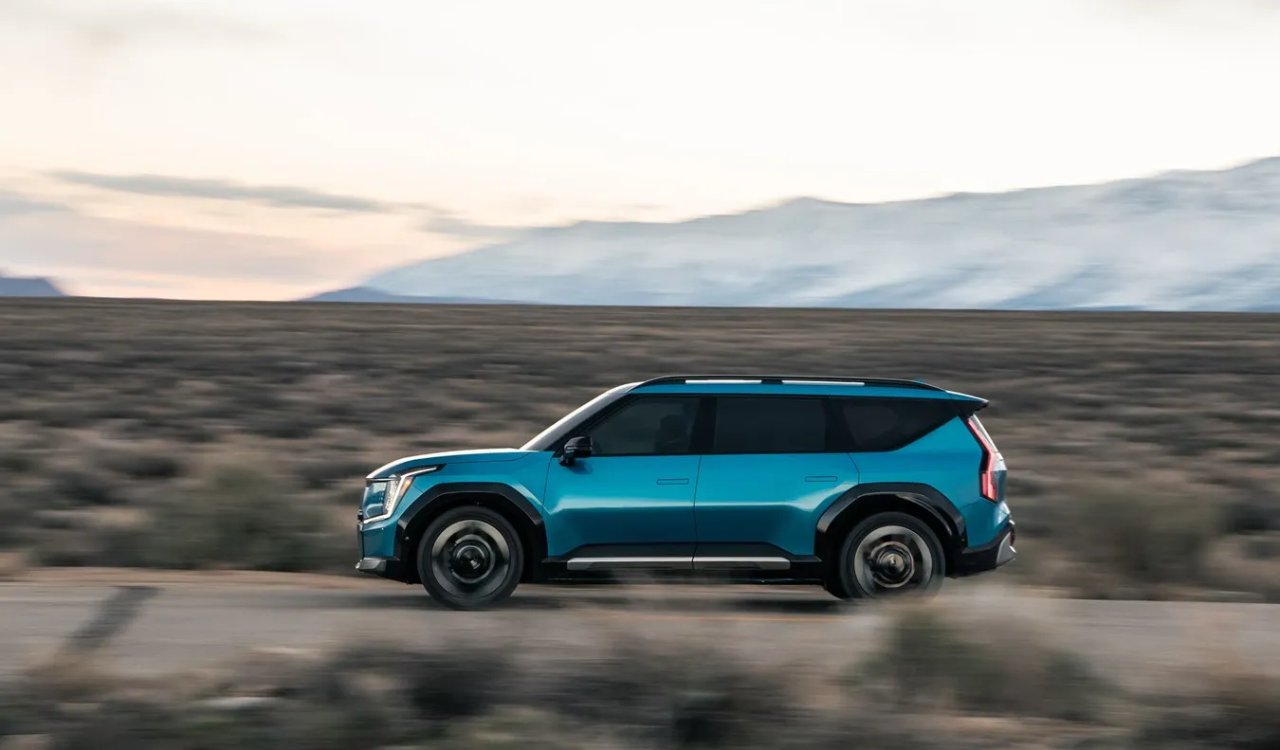Instead of its good start, Kia’s all-new flagship EV9 sales have started to hamper with its premium price tag. At the same time, the ongoing quality issues have lowered the SUV’s momentum.
As per the information reported by the Korean Economic Daily, Kia, an affiliate partner of the Hyundai Motor Group, sold only 408 EV9 units in Korea last month. Since the EV9 start was really good enough in Korea, the news comes as a factor of surprise. Following its launching in its home market on June 19. The electric SUV got over 13,000 pre-orders in a short span of just eight days on the market. As reported by some Kia officials, 50% of the orders were from new customers.
In addition to this, in less than a month after launching, the automaker succeded in selling over 1,334 EV9 units in June, while another 1,251 in July. The primary reason for the popularity of these electric SUVs is their long-range capabilities which is 311 miles on a charge, versatility, and tech-focused features.
This is built on Hyundai’s E-GMP platform. The EV9 offers “true SUV capabilities,” along with a spacious interior, AWD, and 5,000 lbs of towing capacity.
Kia EV9 sales decline in August
Although, with a good start and potential leads, Kia is not able to keep the momentum going. Therefore, its sales declined over 300% from July. It indicates that the electric SUV has fallen out of favor in its home market too.
As stated by KED notes, the most costly EV9 model fully loaded variant costs around 100 million won ($74,840) in South Korea. By applying all the available subsidies, the price comes to around 70 million won ($52,425). This is nearly double the cost of its mid-size Palisade SUV and Carnival minivan respectively.
Another aspect is Kia isn’t known for its premium vehicles, this could become the one reason the flagship SUV is fighting to gain market pace.
The EV9’s massive 99.8 kWh battery makes it difficult to lower the prices, as mentioned by the automaker. Since battery costs can amount to approximately half of the vehicle’s production expenses.
On the other hand, Kia’s electric SUV faced various quality issues during its rollout. These comprise lamp control signals, charging controls, and other systems, according to the Ministry of Land, Infrastructure and Transport.
